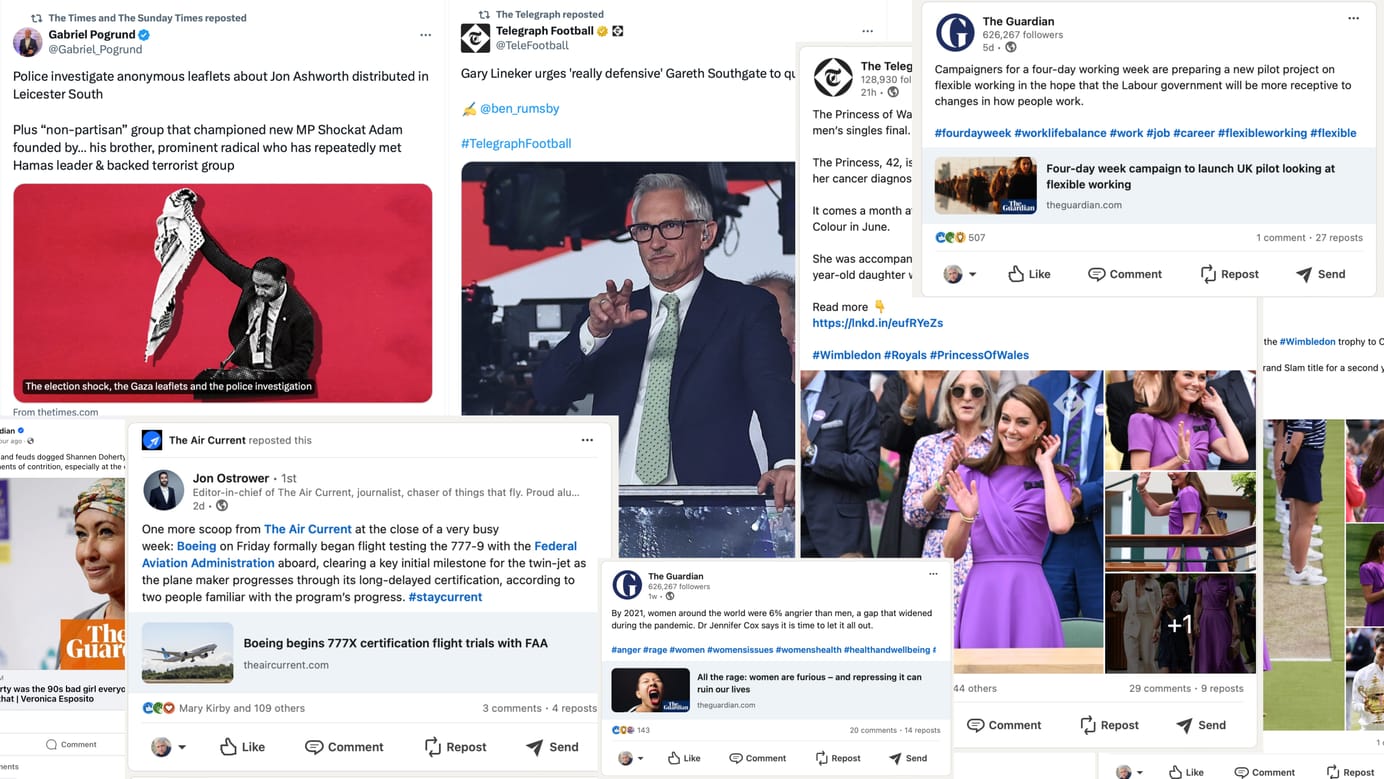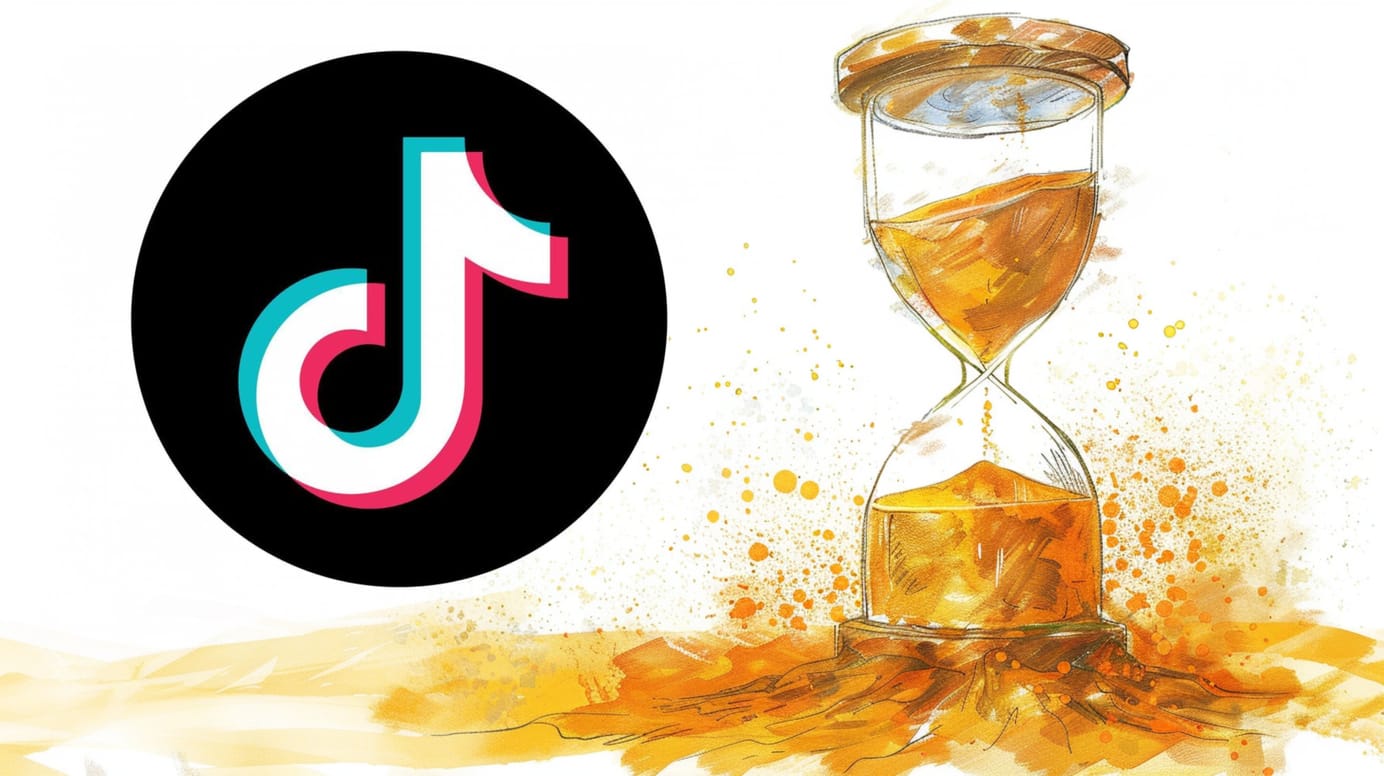
What would happen if journalists got the hell off Facebook?
Mathew Ingram wrote a typically interesting and provocative post last week, asking if the news industry should just get the hell off of Facebook. Are the benefits we accrue, diminishing though they are, worth the price we, and society as a whole, are paying?
Given that Facebook has not only helped hollow out newsrooms across the country but arguably lowered the overall quality of civic discussion, repeatedly flouted laws around privacy in ways that have served the needs of foreign actors like the Russian government, and played a key role in fomenting violence in countries like Myanmar and India, it’s worth asking: Is it enough to be skeptical? Or is there an ethical case to be made that media companies, and the journalists who work for them, should sever their ties to Facebook completely?
Mathew takes the time to explore both sides of the issue, but I rather get the impression he leans towards heading out the fire exit and never looking back. For example:
The fact of journalism today is that working with the giant tech platform in any capacity amounts to a Faustian bargain. The benefits of doing business with Facebook don’t begin to outweigh the ethical compromises required to do so.
And that's a good point.
Ceding the battleground of ideas to the hyperpartisans
But the thing that troubles me — and what makes me hesitate to agree with him — is this: what is left behind, if we depart the platform? Even if we depart en masse, the hyperpartisan operators will still be there. And their work doesn't even need to be clicked on to have an impact. As Simon Owens wrote in a long Medium post examining the recent history of the Facepocalypse:
But research from political scientist Nick Anspach found that whether someone clicks on a link hardly matters, at least when it pertains to information retention. His study found that, even when a person doesn’t click on and read an article, they still maintain a high level of recall of the information shared in both the headline and status update of a Facebook post.
The issue here isn't really one of traffic at all. It's about the impact of the the headline and images that a share box spreads across the network. People's political realities are being shaped by the headlines and images they see in their feeds. I suspect the majority of people underestimate the impact headlines and memes are having on political discourse at the moment, because we, as a profession, are almost pathologically attached to long form journalism as the purest form of expression.
Would a withdrawal of mainstream journalism from Facebook essentially leave it as even more of a cesspit of misinformation and polarising propaganda than it is now?
Carry On Sharing
Of course, it's worth noting that journalists withdrawing from Facebook would not mean the end of our content on Facebook. Readers would still (hopefully) share our reporting into the platform, and it would spread virally from there.
I am not a fan of Facebook. I never have been. I would love the answer to Mathew's question to be "yes, let's quit". There is, as he says, an attractive ethical nobility to that. But I think the consequences of doing so are too dire. Our withdrawal would leave Facebook a more friendly place for the sorts of information we're attempting to counter.
That raises another — and possibly more important — question. Should we change our approach? What if we engaged with Facebook purely as a corrective force, rather than in search of traffic? How would that change our approach — and what could we achieve as an industry then?
Sign up for e-mail updates
Join the newsletter to receive the latest posts in your inbox.










